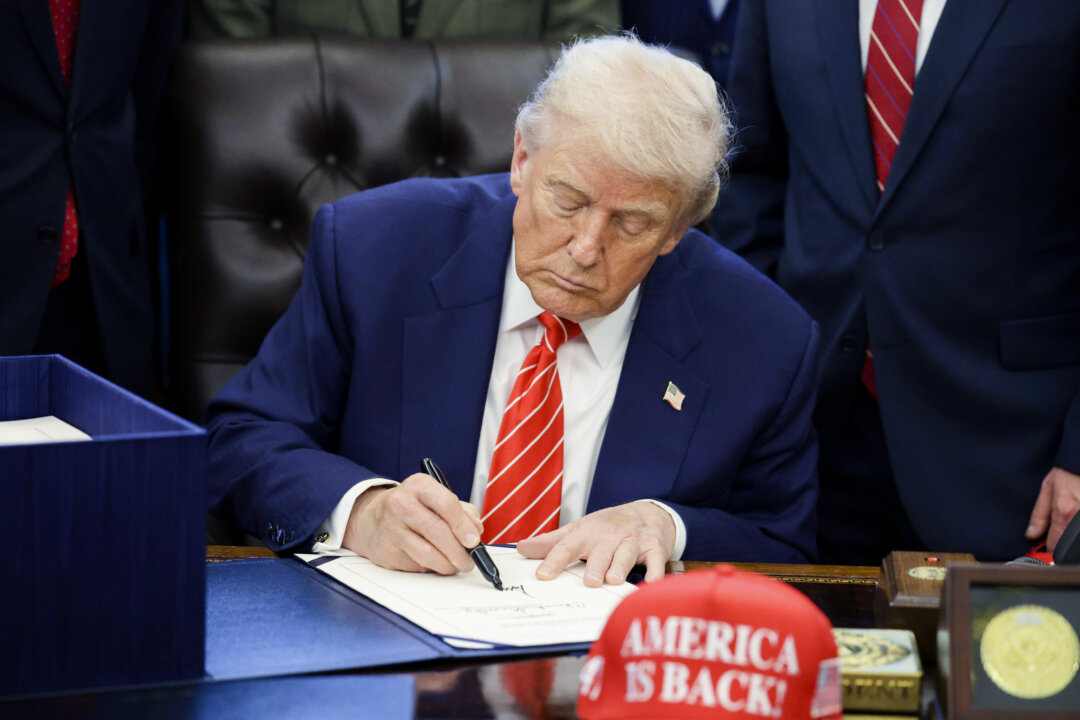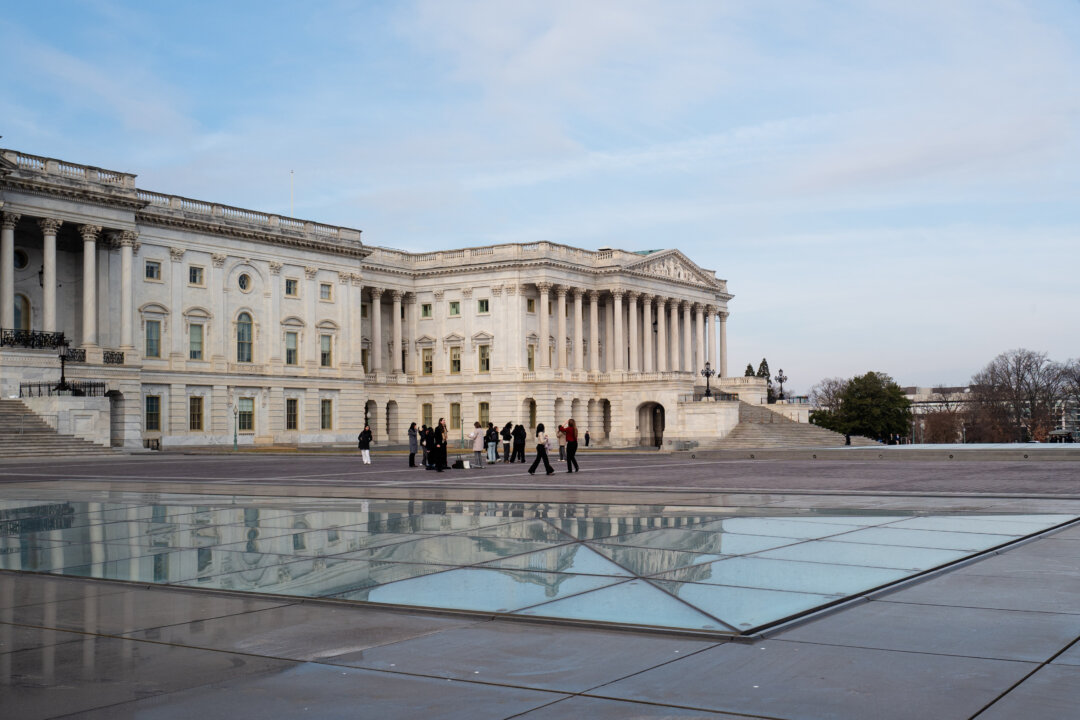Senate rejects funding bills ahead of shutdown deadline
The U.S. Senate rejected two competing funding proposals-one from Democrats and one from Republicans-on Friday, making a government shutdown likely when current funding expires on October 1.Neither proposal gained the required 60 votes: the Democratic bill offered funding through October 31 and included a permanent extension of enhanced Affordable Care Act subsidies, while the Republican bill, already passed in the House, would fund the government untill November 21. Senate Majority Leader John Thune said the GOP measure would be voted on again after the Senate reconvenes on September 29. democrats remain firm on including healthcare subsidies, which Republicans oppose, leading to a continued impasse. Senate minority Leader Chuck Schumer criticized the GOP proposal for not addressing healthcare costs, while republicans accused Schumer of holding the government and American people hostage. With both parties deadlocked and the House canceling scheduled votes,the likelihood of a government shutdown is increasing as the deadline approaches.
Senate rejects dual Democrat and GOP funding bills ahead of shutdown deadline
The Senate on Friday rejected two proposals to temporarily fund the government, setting the stage for a government shutdown on Oct. 1 when current funding expires.
The dual funding packages, one from Democrats and one from Republicans, were rejected after neither party could surpass the 60-vote threshold for passage. The Senate is now expected to recess until Monday, Sept. 29, right up against the shutdown deadline.
Senate Majority Leader John Thune (R-SD) told reporters Friday that the upper chamber would vote on the GOP continuing resolution again once it reconvenes.
The Democratic proposal, which would have continued funding until Oct. 31 and includes a permanent extension of enhanced health insurance subsidies for people with Affordable Care Act coverage that are set to expire at the end of the year, failed 47-45. The GOP proposal, which passed the House earlier on Friday and would have funded the government until Nov. 21, failed 44-48.
Senate leaders agreed to the side-by-side vote on the proposals after Democrats dug their heels in on extending the Obamacare subsidies. Thune had attempted to assuage Democrats by assuring them that talks over extending the healthcare tax credits could continue after a short-term funding patch to keep the government open was passed.
However, Senate Minority Leader Chuck Schumer (D-NY) said Democrats would not put “any faith” in that plan.
On the Senate floor Friday, Schumer said the dual proposals offered a “rare moment” that “truly crystallize the contrast between the two parties.”
“Republicans cannot expect that another take-it-or-leave-it extension of government funding that fails to address healthcare costs is going to cut it for the American people,” he said.
But Republicans have lambasted Democrats over their demands to include the Obamacare credits and other provisions opposed by the majority of Republicans, including repealing healthcare provisions in the One Big Beautiful Bill Act to offset spending.
Sen. John Barrasso (R-WY) said the Democratic proposal was “filled with partisan political poison pills that will never become law.”
“What we are seeing today from [Senate Minority Leader Chuck Schumer (D-NY)] is exactly what he once condemned,” Barrasso said on the Senate floor before votes. “He is holding the American people hostage. What he’s promoting today is not a spending bill. It’s a shakedown, the Schumer Shakedown, the Schumer strategy, to lead to a Schumer shutdown.”
Democrats also attempted to limit President Donald Trump’s impoundment of funds and restore funding previously rescinded by Republicans with their proposal.
AOC SAYS CHARLIE KIRK RESOLUTION CAUSED ‘GREAT PAIN’ IN SPEECH AFTER VOTING NO
With both parties at an impasse, the risk of a government shutdown, where government agencies and departments would close nonessential operations and certain federal employees would not be paid, is heightened with less than two weeks before the shutdown deadline.
The House, which was expected to be in session Sept. 29 and 30, canceled votes, meaning the Senate will be forced to either accept the proposal or shut the government down.
Ramsey Touchberry contributed to this report.
" Conservative News Daily does not always share or support the views and opinions expressed here; they are just those of the writer."



